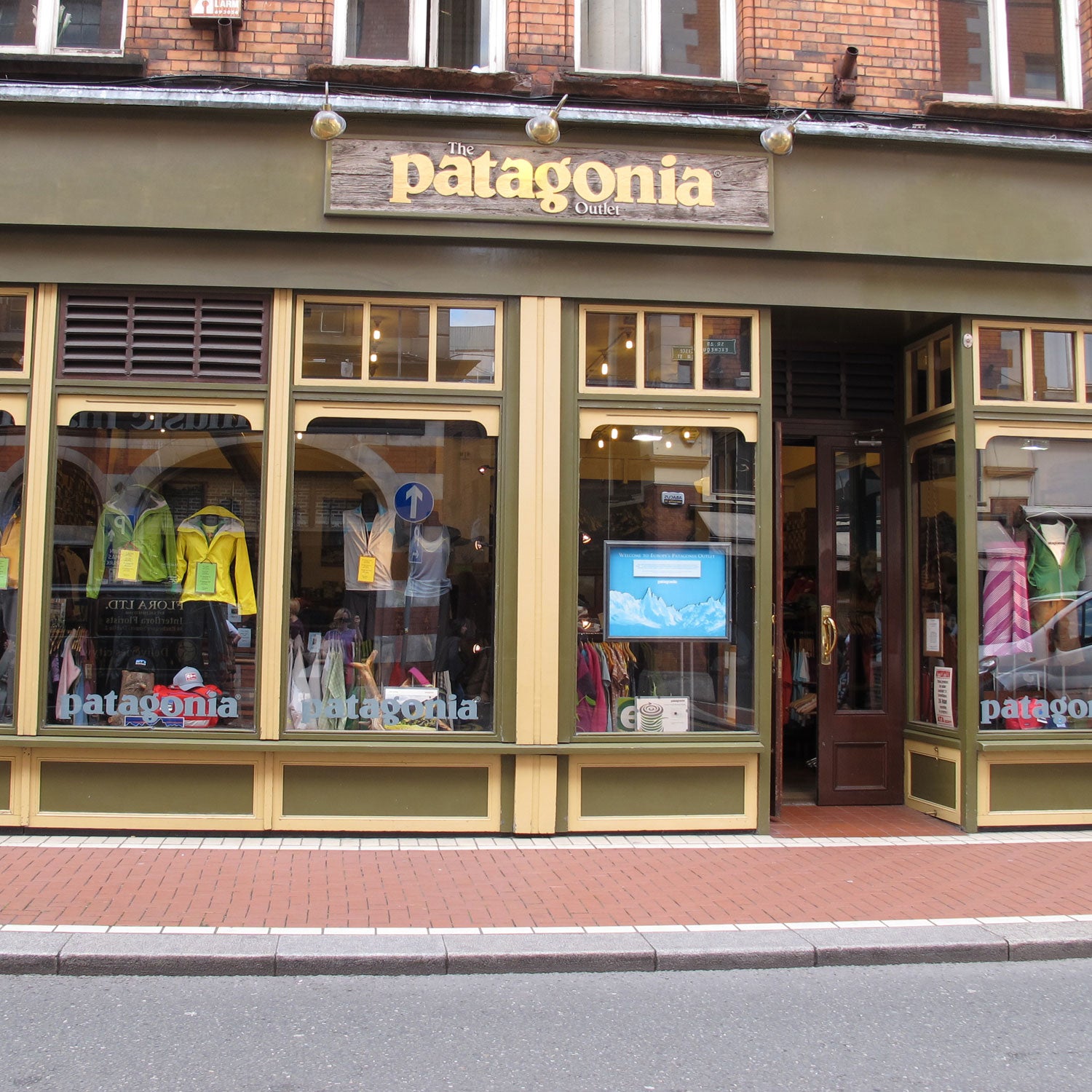Back in 2011, Patagonia discovered that four of its suppliers in Taiwan were treating workers unfairly. that the treatment amounted to indentured servitude and “modern slavery,” and that the company devised a , released Wednesday, to address the issue.
Patagonia conducted social responsibility audits in 2011, and then partnered with fair labor nonprofit for assessment. �ձ������é found that workers who used a “labor broker” to land a job at the Taiwanese factories were being charged fees, sometimes as high as $7,000. According to , it can take workers two years to pay off that amount, and given that most contracts last three years, workers were having to return home and go through another round of placement and fees.
“It turns out, this is an issue plaguing manufacturers of all kinds in many industries, and for Patagonia, it became an urgent priority to fix it,” Adam Fetcher, director of global communications for Patagonia, told SNews.
Patagonia’s new standards for Taiwanese factories were enacted in December and will eventually be applied across the company’s entire supply chain. Though broker fees are a normal part of business in Taiwan, there is a cap, and the Taiwanese factories must reimburse all workers any money they paid above the legal amount. Anyone hired on or after June 1 must not be made to pay recruitment fees; the factories must cover that cost. The priority will be for the suppliers to directly hire their own employees. Workers must also not be forced into labor or be threatened if they wish to quit their job.


